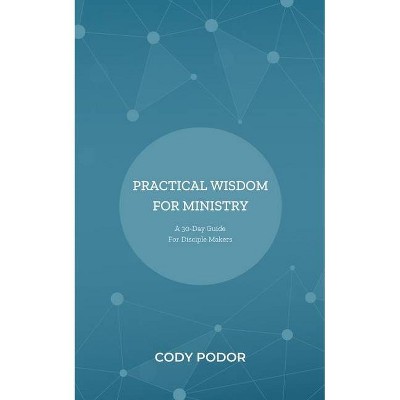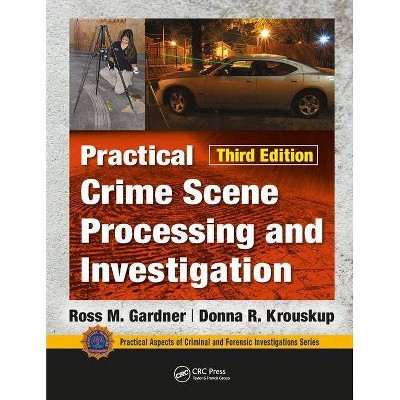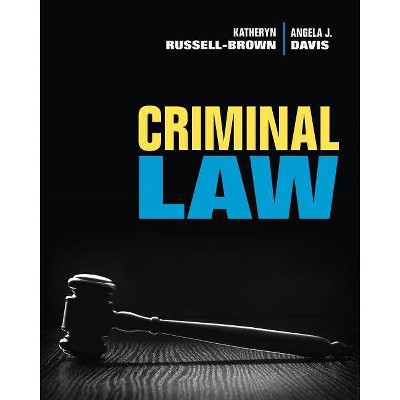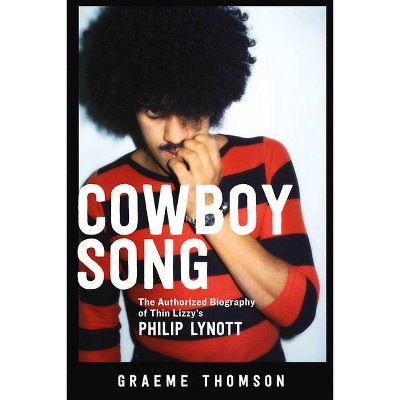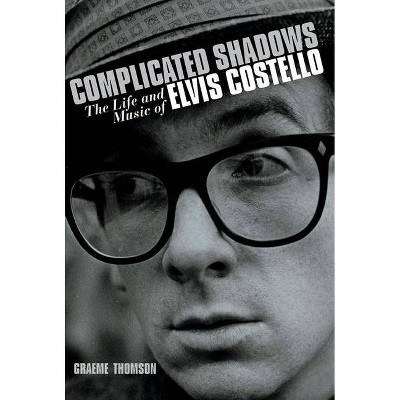Criminal Sentencing as Practical Wisdom - by Graeme Brown (Paperback)
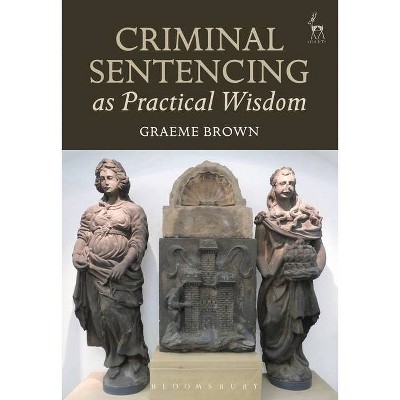
Similar Products
Products of same category from the store
AllProduct info
<p/><br></br><p><b> Book Synopsis </b></p></br></br>How do judges sentence? In particular, how important is judicial discretion in sentencing? Sentencing guidelines are often said to promote consistency, but is consistency in sentencing achievable or even desirable? Whilst the passing of a sentence is arguably the most public stage of the criminal justice process, there have been few attempts to examine judicial perceptions of, and attitudes towards, the sentencing process.<br/><br/>Through interviews with Scottish judges and by presenting a comprehensive review and analysis of recent scholarship on sentencing - including a comparative study of UK, Irish and Commonwealth sentencing jurisprudence - this book explores these issues to present a systematic theory of sentencing. Through an integration of the concept of equity as particularised justice, the Aristotelian concept of <i>phronesis</i> (or 'practical wisdom'), the concept of value pluralism, and the focus of appellate courts throughout the Commonwealth on sentencing by way of 'instinctive synthesis', it is argued that judicial sentencing methodology is best viewed in terms of a <i>phronetic</i> synthesis of the relevant facts and circumstances of the particular case. The author concludes that sentencing is best conceptualised as a form of case-orientated, concrete and intuitive decision making; one that seeks individualisation through judicial recognition of the profoundly contextualised nature of the process.<p/><br></br><p><b> Review Quotes </b></p></br></br><br>In this significant new contribution to the sentencing literature, the author explores the approach to sentencing found in many common law jurisdictions...there is much to learn from this volume which will generate much discussion in many jurisdictions.<br/>The Canadian Criminal Justice Association<br><br>The book affords a valuable window into the judicial mindset, through which our percipience of the sentencing process is heightened and enriched...The author impressively contextualises a difficult subject matter, through his use of original data, combined with case law and theory. The results will prove interesting to practitioners and researchers in this field, as well as those interested in acquiring a deeper understanding of the value of sentencing judges' perceptions of their role in the criminal justice system.<br/>Irish Jurist<br><br>This book is a tour de force in the exposition of sentencing policy ... It is analytical in its approach yet is thoroughly accessible for any serious student of sentencing policy and practice ... It is a book that deserves careful study for anyone interested to understand the difficult nature of the sentencing task, the ubiquitous character of judicial discretion, and the complexity of the overlap between judicial practice and official policy.<br/>New Zealand Criminal Law Review<br><p/><br></br><p><b> About the Author </b></p></br></br>Graeme Brown LLB (Hons), LLM, MSc, MJur (Dunelm), PhD (Edin), Dip LP is a solicitor and Honorary Fellow in the School of Law, University of Edinburgh.
Price History
Price Archive shows prices from various stores, lets you see history and find the cheapest. There is no actual sale on the website. For all support, inquiry and suggestion messagescommunication@pricearchive.us
